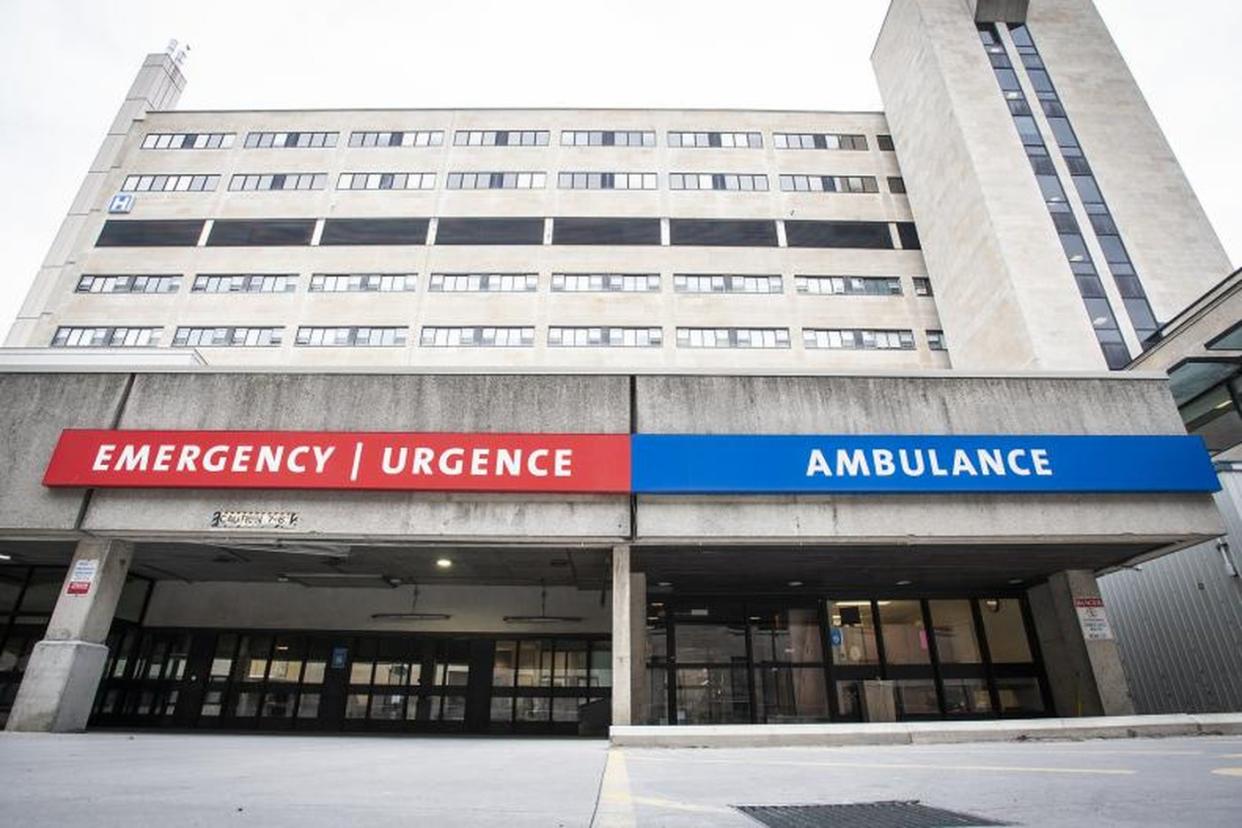Kingston hospitals receive grant to test AI in administrative tasks

Kingston Health Sciences Centre (KHSC) is one of ten health care units across the country gaining access to the The Health Care Unburdened Grant program, receiving $1 million to study the role of generative artificial intelligence (GenAI) in reducing administrative burden for physicians.
The grant is provided through a partnership between Canadian Medical Association (CMA), MD Financial Management, and Scotiabank and is attempting to bring clear evidence forward that AI can positively impact a healthcare setting.
Using the funds, KHSC will invite physicians from the variety of healthcare providers in the area to participate in integrating generative AI into their electronic health records (EHR) documentation process in an effort to lighten the administrative load of physicians - which CMA says amounts to 18.5 million hours of administrative tasks that doctors could otherwise be dedicating to patients.
"The burden of EHR documentation means physicians often split their attention between their patients and a computer screen during appointments, contributing to physician burnout and patient dissatisfaction," CMA's website reads.
"This initiative will assess the impact of using generative artificial intelligence to lessen physician administrative burden through tasks like recording patient interactions, synthesizing information and generating clinical notes in the EHR."
With the ability to increase the number of healthcare professionals in short order limited by both time and budgets, finding solutions and tools to increase efficiency and satisfaction of both patients and doctors outside of increasing the workforce is a main focus for studying AI's role in healthcare.
The role of AI at KHSC hospitals would essentially take the place of a human medical scribe, a cost that healthcare settings simply don't have the budget for.
Dr. David Pichora, the CEO of KHSC, says that will be the starting point to test the use of AI - but there's potential to see it's use in healthcare settings grow.
"With the advent of AI we can now see the potential to have a digital scribe doing that work," Pichora said.
"As AI evolves more into the future, it may start to take on some of those other more automated or intelligent tasks of suggesting tests, suggesting prescriptions, and then when the physician agrees to it, then actually executing it."
Physicians will still have to read over and verify the work of their AI scribe, but it should significantly impact the amount of time they have to spend on administrative work.
Dr. Pichora says himself, and some physicians, are already using AI in some capacity like voice recognition dictation to save time they can then dedicate to patients.
There is not a set date when the generative AI will be integrated at KHSC, but with the implementation of a new health information system beginning at KHSC, there will be time given for staff to become comfortable with that new system.
Dr. Pichora says the AI will be integrated, most likely, about 6 months after the December target of the new health information system, to ensure staff are familiar with it and the study is accurately assessing the AI itself.
"We think that six months is a good time for people to get into a comfort zone with the health information system, and for us at a system level to have had a chance to evaluate and optimize the information system itself," Dr. Pichora said.
"We want to make sure that we're studying the effectiveness of the AI tool and not having that confused with the impact of physicians learning how to use a new health information system."
In Kingston, the study will be led by Dr. Siddhartha Srivastava, investigating the impact of GenAI on physician efficiency and well-being, as well as any improvements to the patient experience.
Dr. Srivastava says it's important to try to find ways to ease the burden on physicians, and encourage them to stay in their roles and not further the existing shortage.
"We must work smarter, not harder, to reduce the administrative burden on physicians and prevent them from leaving the profession," Dr. Srivastava said.
"Artificial intelligence holds promise to tackle some of the challenges we face."
Physicians working within KHSC, Brockville General Hospital, Lennox and Addington County General Hospital, Providence Care, Perth and Smiths Falls District Hospital, and Quinte Health will be invited to participate in the study.
Owen Fullerton, Local Journalism Initiative Reporter, YGK News


